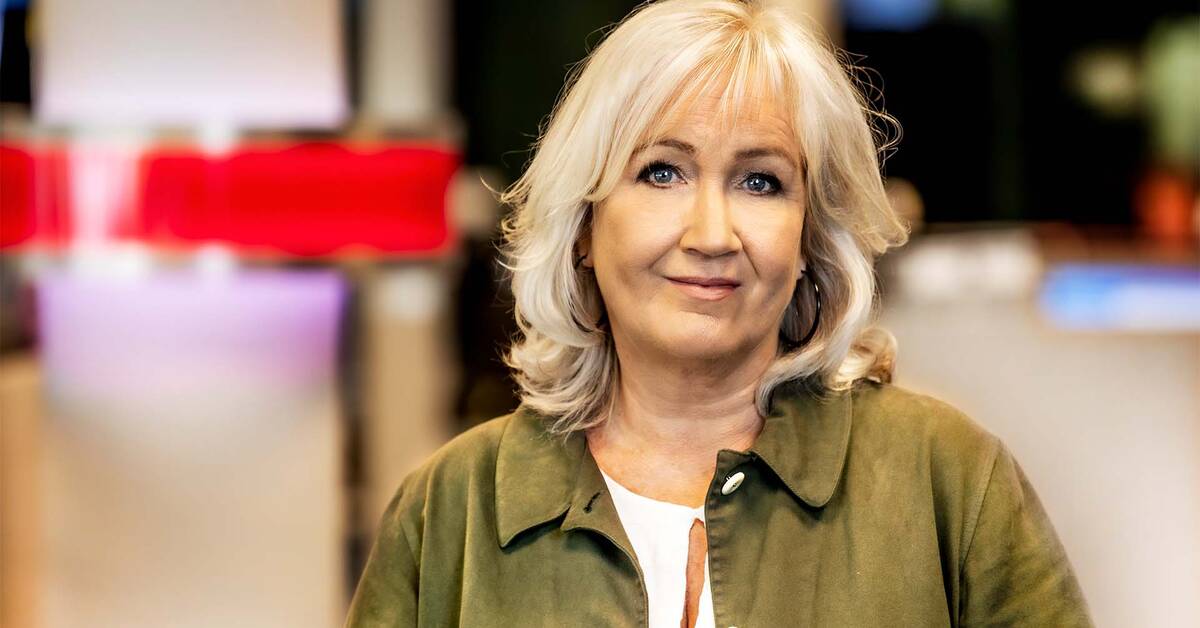Australia and Brazil get new climate-committed governments.
In May, there was a change of power in Australia and for the first time in decades the country got a government that promises to fix the country's grim climate protocol with one of the world's highest per capita emissions.
Behind the change of power was a political revolution.
A group of non-partisan female liberal politicians joined together in the "Teal" movement and campaigned with a common climate agenda.
Their initiative decided the election.
Now Australia must reduce its emissions by 45 percent by 2030. In Brazil, Lula da Silva made a comeback as president, among other things with election promises to stop logging in the Amazon.
Two major emission countries have thus radically changed course during the year.
The United States and President Joe Biden succeed in the impossible.
With the preponderance of one vote, the US Congress passed the biggest climate package ever this summer.
From the turn of the year, there are 374 billion dollars that for many years to come will be distributed to companies that invest in fossil-free energy production, subsidies to those who buy electric cars and install solar cells on their roofs.
Growing criticism of climate protectionism is heard from the EU, but already in January the EU Commission has promised to counter with similar proposals, so it can be concluded that the US's climate policy is also driving the EU's.
Powerful female politicians from the south sailed up
as the new rock stars of climate politics and forced a new climate fund.
Maldives Climate Minister Aminath Shauna, Pakistan Climate Minister Sherry Rehman and Barbados Prime Minister Mia Mottley took the stage during COP27 in Egypt.
Against all odds, both the US and the EU swung, agreeing to the demand to establish a new fund for climate damages.
Although the fund has no money yet, it was an important victory in principle for the most vulnerable countries.
The EU continues to surprise with a consistent climate policy.
Despite all the crises in the wake of Russia's war of aggression on Ukraine and growing democracy problems in several member states, the EU manages to keep together and the pace of implementing the climate agenda by reducing emissions by 55 percent by 2030. The latest decision was a yes in principle to introducing climate trade tariffs, which on EU language is called CBAM, Carbon Border Adjustment Mechanism, a completely new form of trade tariffs that will protect European companies that are now forced to live up to increasingly strict climate laws.
"Carbon dioxide dirty" and thus cheaper goods from abroad must eventually be provided with a carbon dioxide tax.
The EU also decided to expand the trading of emissions rights.
The global energy crisis is leading to an exceptional increase in renewable energy.
In the next five years, the world will invest as much in solar and wind power as it has in the last 20 years.
According to the International Energy Agency IEA, it is a historic increase driven by the global energy crisis.
90 percent of all new electricity production next year is estimated to come from renewable sources.
This despite new investments in coal in some countries.
This shows how quickly many governments managed to change their plans in their ambition to achieve energy security.
But we should not forget all the people who died during the extreme weather that hit the planet in 2022. Right now, the ongoing drought in East Africa is a daily reminder of the price we are paying as long as the climate crisis accelerates.

